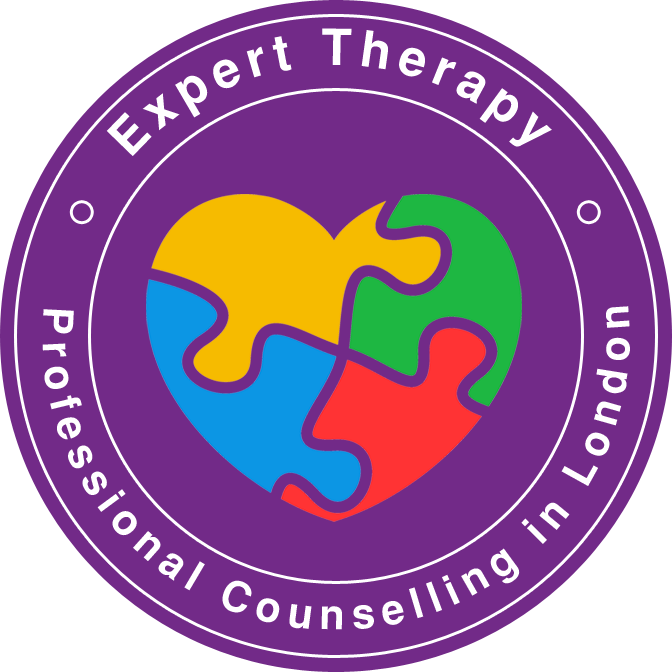Neuropsychiatry in London
Has a head injury, illness, or the advancement of a neurological disorder left you or a member of your family feeling unwell? Are there neurological symptoms, but doctors cannot find a physical cause? Do you want to talk to someone who understands? Neuropsychiatry may help you.
What is neuropsychiatry?
Psychiatry and neurology come together in neuropsychiatry. In addition to diagnosing and treating cerebral disorders, it is also used to treat psychological conditions, such as dementia.
There are also conditions with neurological symptoms, but no known cause, such as conversion disorder (physical illness that doctors cannot diagnose).
An important aspect of psychiatry is how the outside world affects us, such as our environments and experiences. Your ‘inner’ world is also considered in neuropsychiatry. What is the relationship between your genes and neurons and the way you think, feel, and act?
How does neuropsychiatry help you and your family?
You and your family may find a neuropsychiatric issue disorienting, which is why Expert Therapy provides you and your family with psychotherapy. Your worries can be heard and understood when you work with a highly experienced psychiatrist. Neuropsychiatry not only provides clarity on what’s wrong, but also a path forward, which may include a referral to additional health care providers.
What are neuropsychiatric disorders?
A neuropsychiatric disorder can be caused by any of the following conditions:
- Post-concussion syndrome/brain injury
- The chronic degenerative disorders such as multiple sclerosis, Parkinson’s disease, and Huntington’s disease
- Alzheimer’s disease
- Neuro-epilepsy
- Infections of the CNS and encephalitis
- The Tourette’s syndrome stroke.
Neurological symptoms without a known cause can also be diagnosed as:
- A conversion disorder (also known as a functional neurological disorder)
- CFS (chronic fatigue syndrome).
Neuropsychiatry at Expert Therapy London
Your neuropsychiatrist will devise a treatment plan based on the assessment. Other health professionals, like occupational therapists and psychotherapists, may also be referred, as well as medication and further sessions.
Here at Expert Therapy, we take pride in offering you:
- Experienced experts who have trained at top institutions and worked within the NHS
- Offices in London that are well appointed
- Additional health care providers, such as counsellors and psychologists, are available
- Reports for medico-legal purposes delivered quickly
A private adult psychiatrist in London
Psychiatric symptoms of the following are available for patients between the ages of 18 and 65 to be assessed by our expert:
- Head injury, post-concussion syndrome
- epilepsy
- Infections of the CNS, such as HIV, HepB/HepC and encephalitis
- Degenerative disorders such as multiple sclerosis, Parkinson’s, and Huntington’s
- Strokes, CVAs, and lesions that occupy space
- Substance abuse is one example of a general medical condition.
During your initial 50-minute session, you will learn about general psychiatric assessment and the impact of neuropsychiatric conditions. Please bring all relevant medical reports and documentation with you to your appointment, as well as sending them ahead of time.
A follow-up appointment of 60 to 90 minutes will be required if you require further assessments, such as the Luria Nebraska Battery or ACE III. If Expert Therapy is unable to perform certain assessments, such as imaging studies, you will be referred to another facility.
Time to feel more yourself again?
Get in touch with a neuropsychiatrist on Expert therapy in central London today. Our online booking form is also available for you to register your interest.
What are examples of neuropsychiatric disorders?
Neuropsychiatric disorders include conditions that affect your emotions and behaviours, such as dementia, epilepsy, strokes, brain injuries, and concussions. You could be experiencing symptoms of an illness without knowing its cause, and doctors suspect there might be a psychiatric component. In this category are disorders such as conversion disorder, also known as dissociative neurological symptom disorder, which causes serious physical symptoms such as paralysis without any medical explanation.
Are anxiety and depression neuropsychiatric disorders?
In that both affect our brains and cause physical symptoms, you could argue that they are neuropsychiatric disorders. However, all mental illnesses also have physical consequences, even if they are just exhaustion. Neuropsychiatric disorders, on the other hand, are more accurately defined as conditions that damage the nervous system (dementia, epilepsy, Tourette’s, brain injury) or have very serious physical symptoms without any known medical cause (conversion disorder, where some people even become paralyzed or bedridden). Neuropsychiatrists who treat neuropsychiatric disorders are trained in general psychiatry before they specialize in neuropsychiatry. So, they will also be able to treat general mental health issues like depression and anxiety, which often occur alongside more serious neuropsychiatric issues.
What is the difference between a psychiatrist and a neuropsychiatrist?
Neuropsychiatrists are trained as general psychiatrists and then specialize in neuropsychiatric disorders. An additional MSc in neuropsychiatry may be required. Psychiatrists are trained to do everything a general psychiatrist does, but can also read brain scans and perform specialized brain tests.

